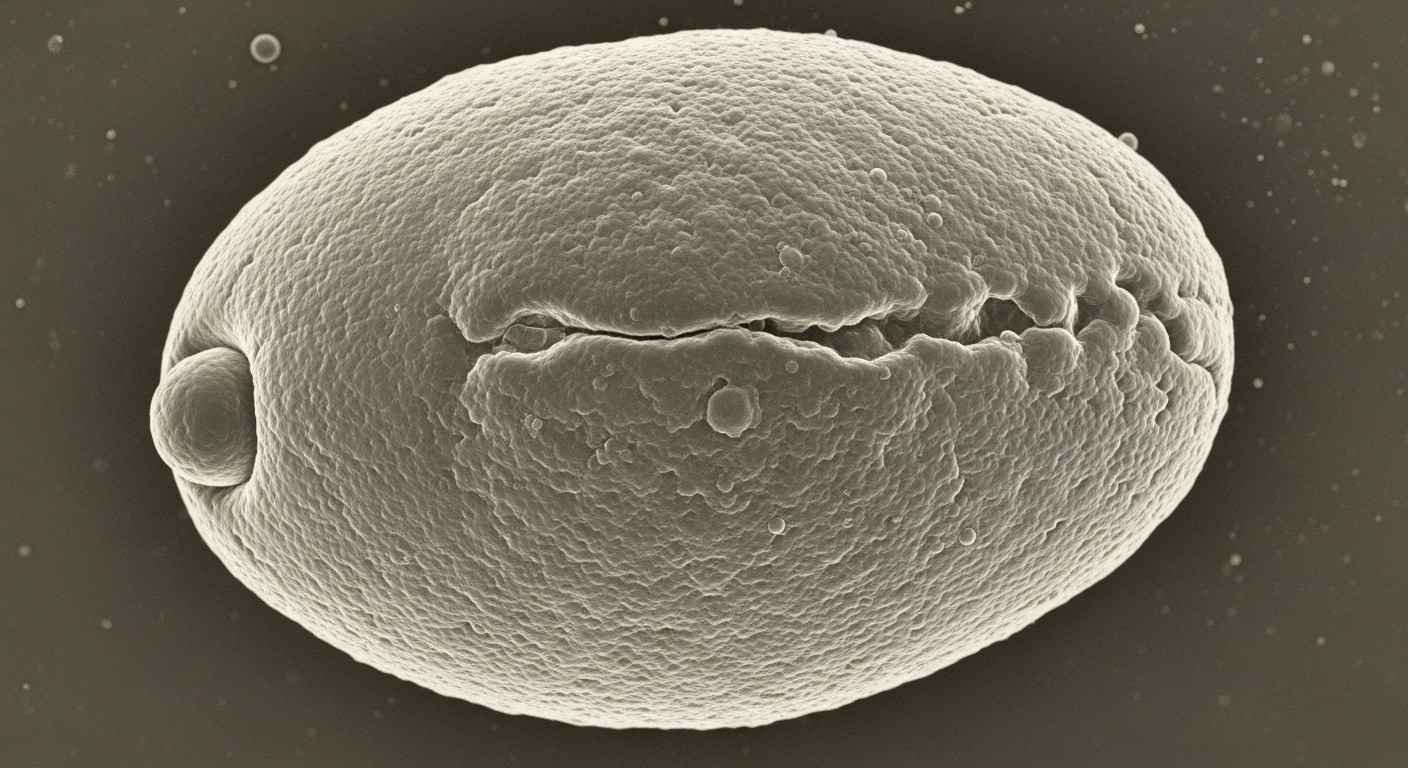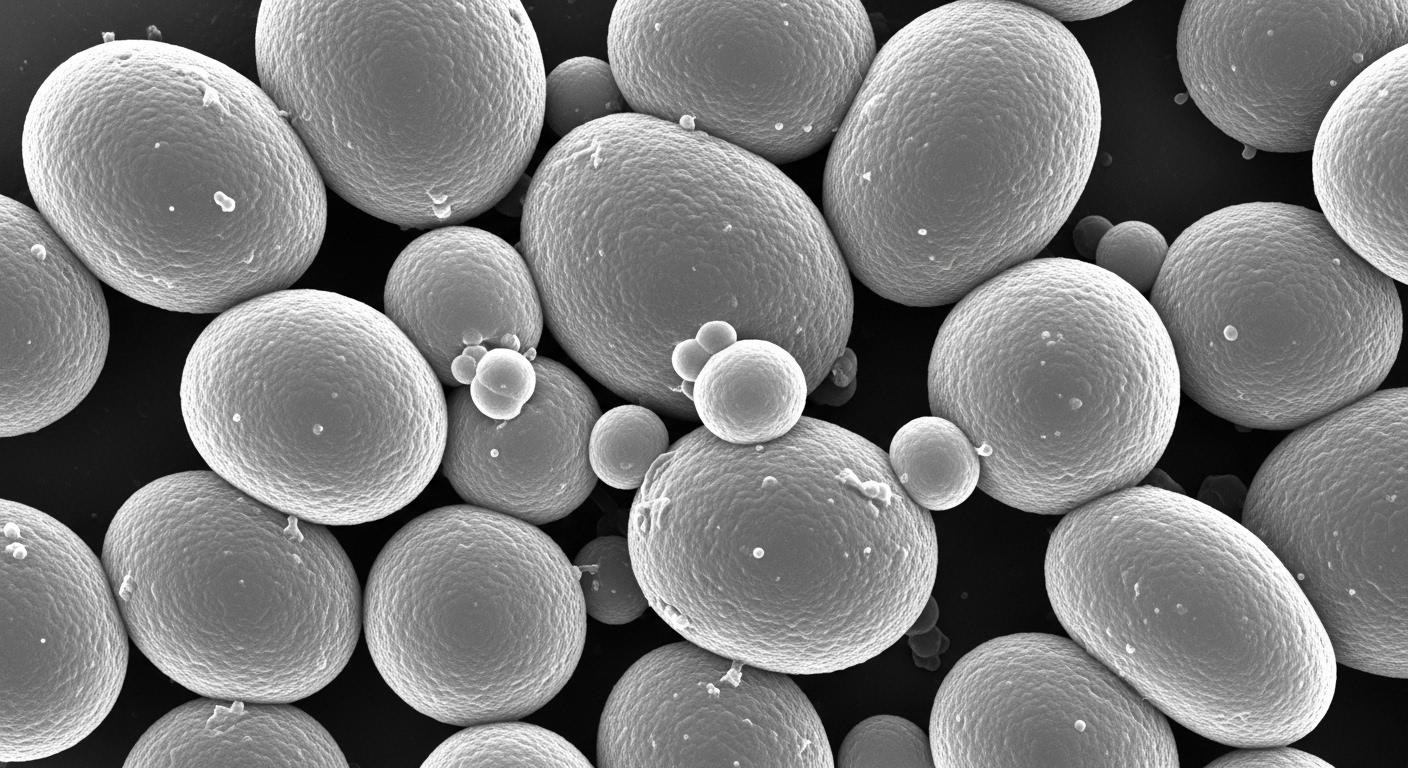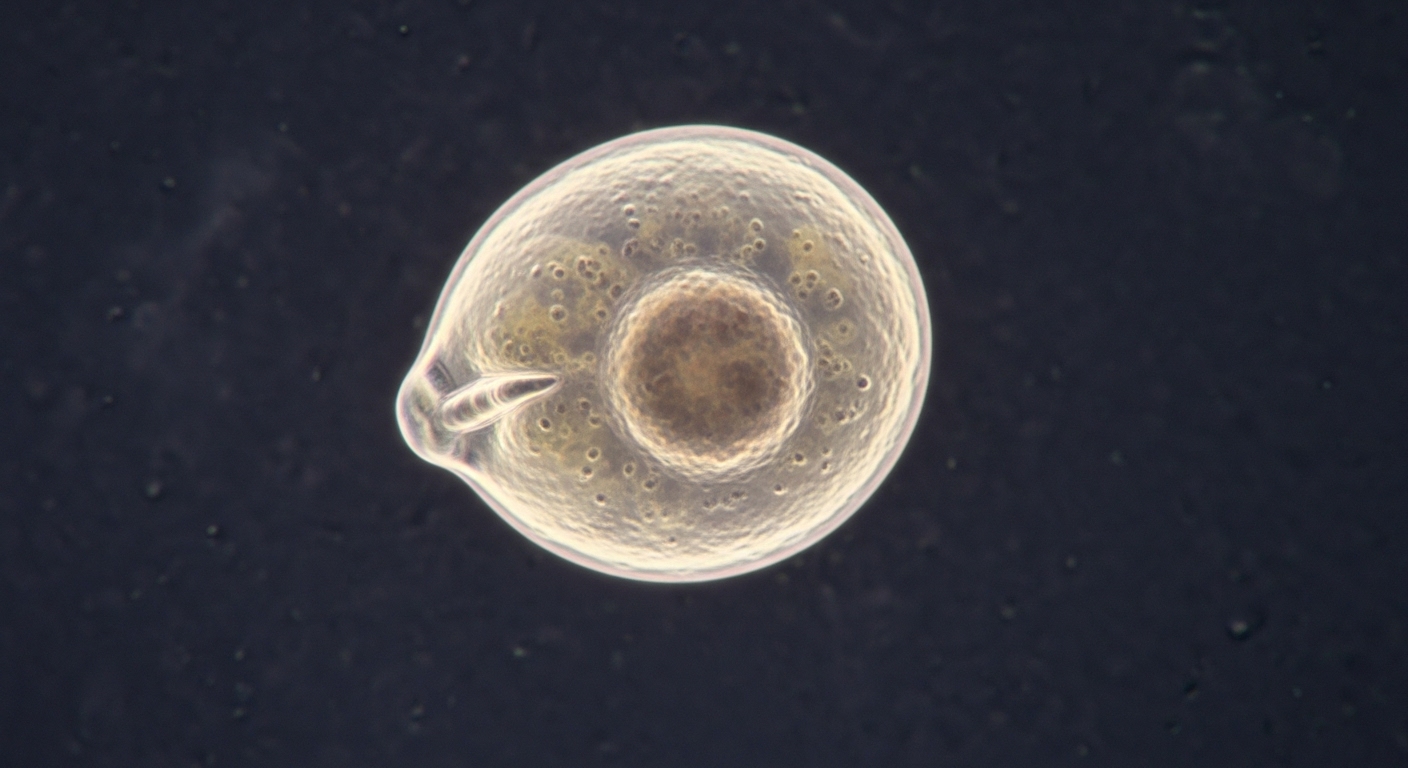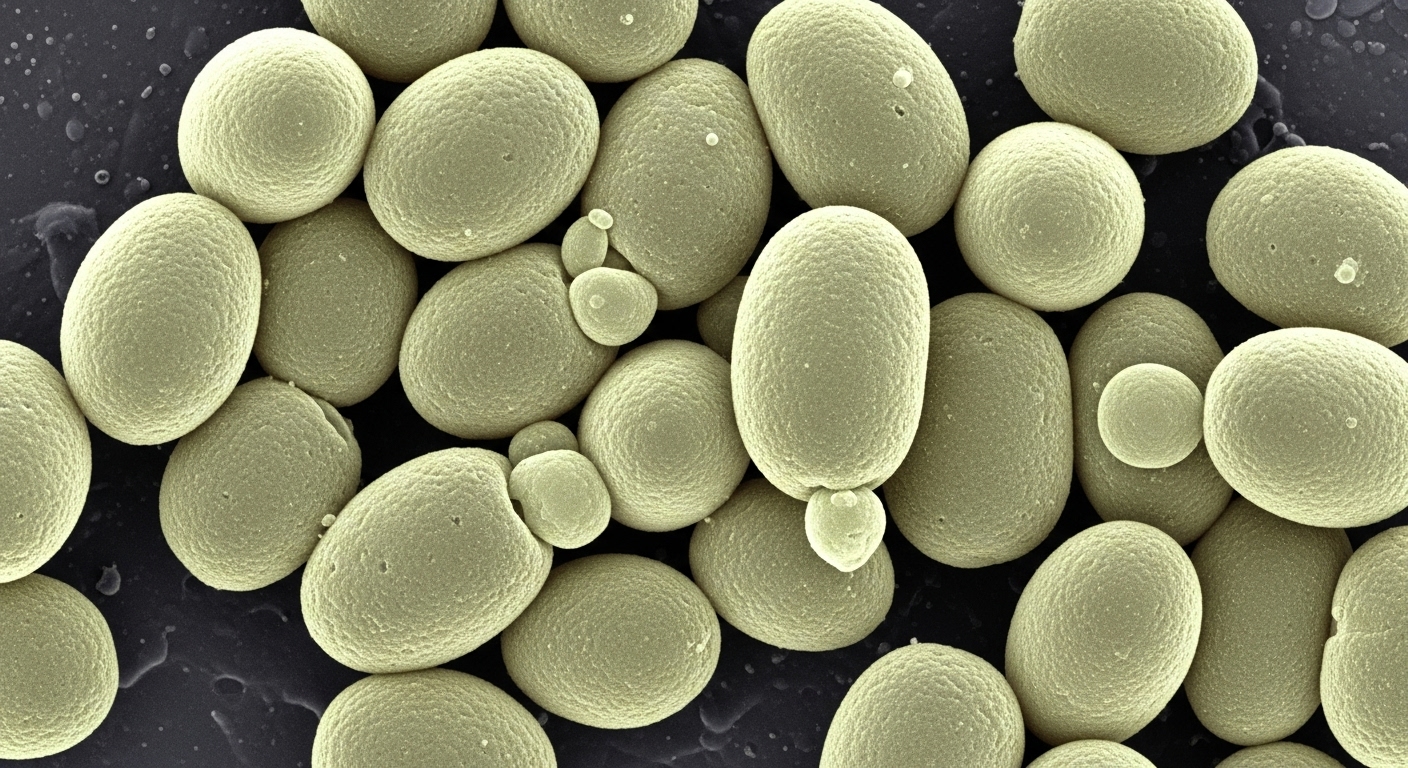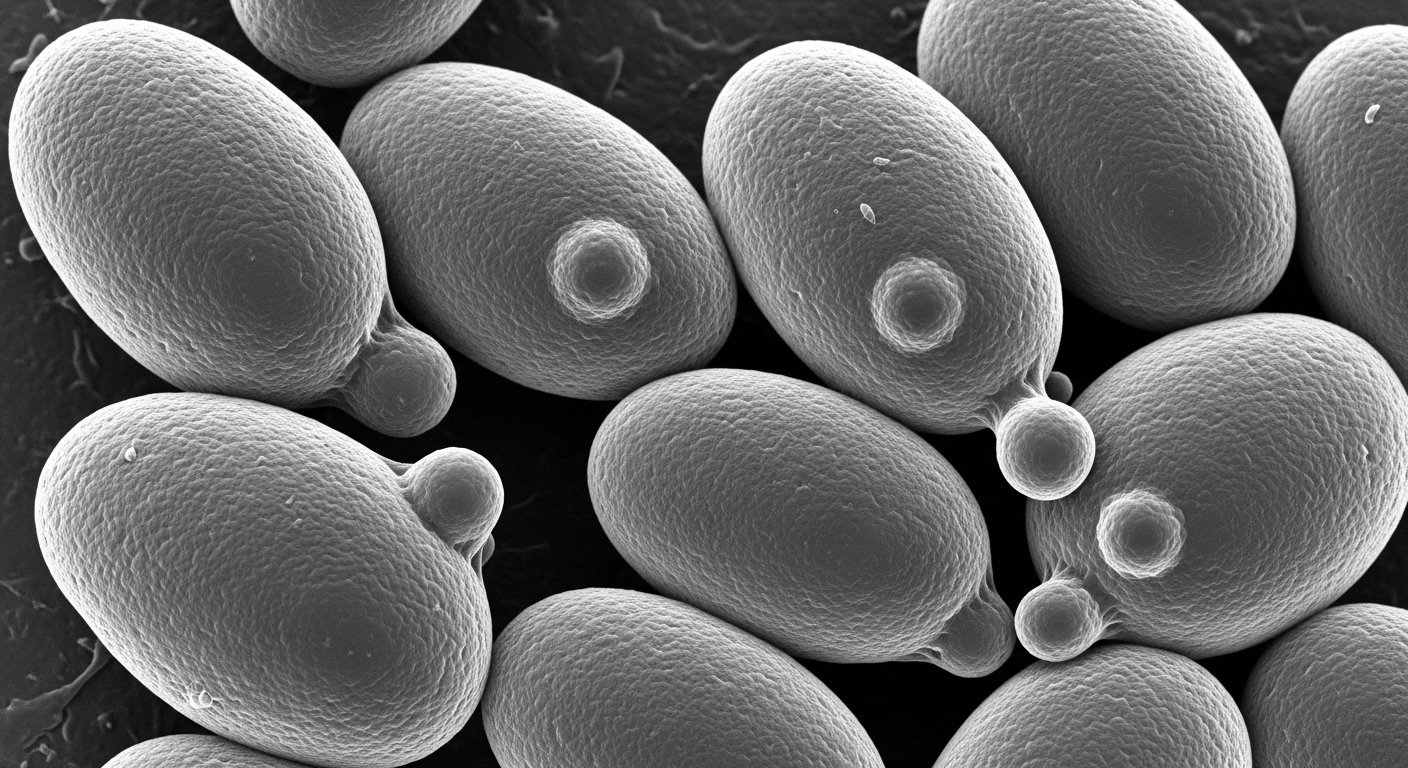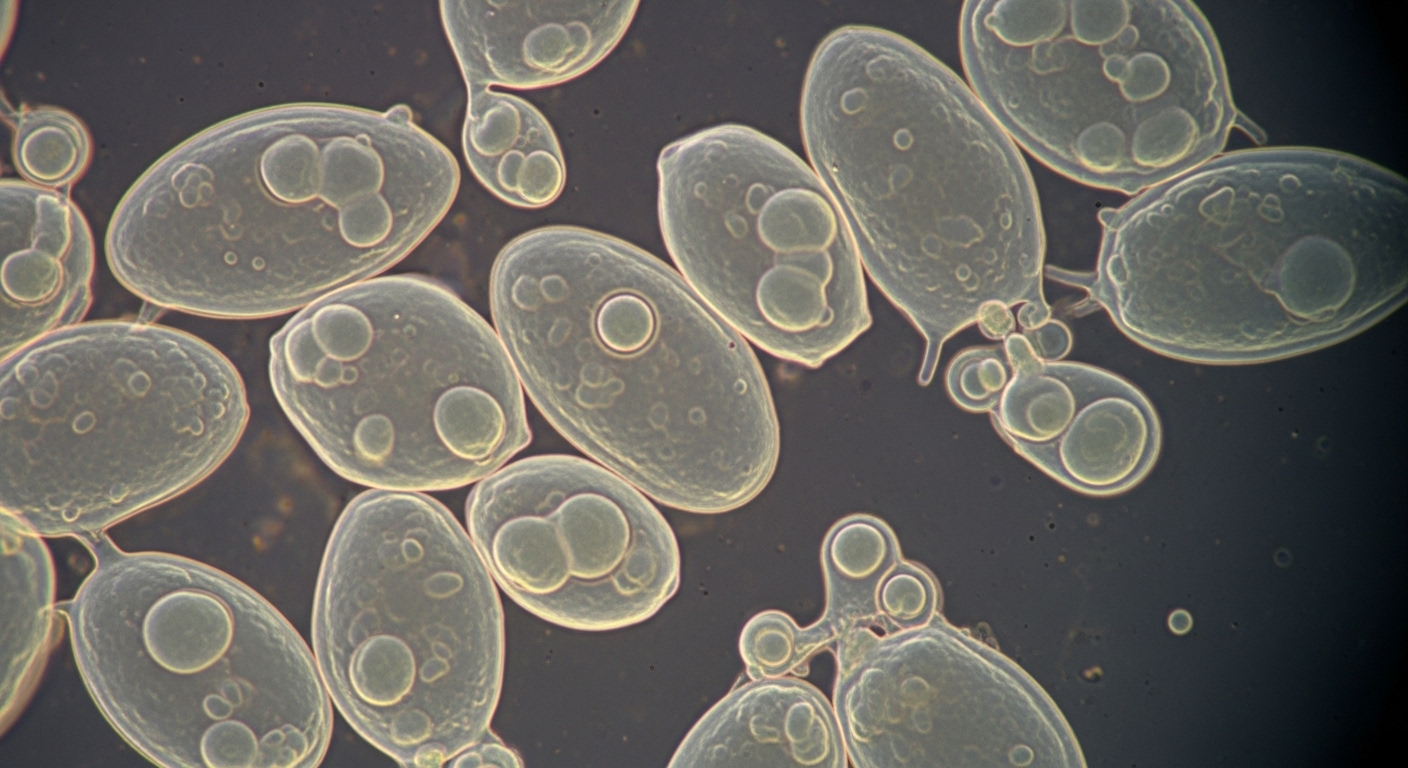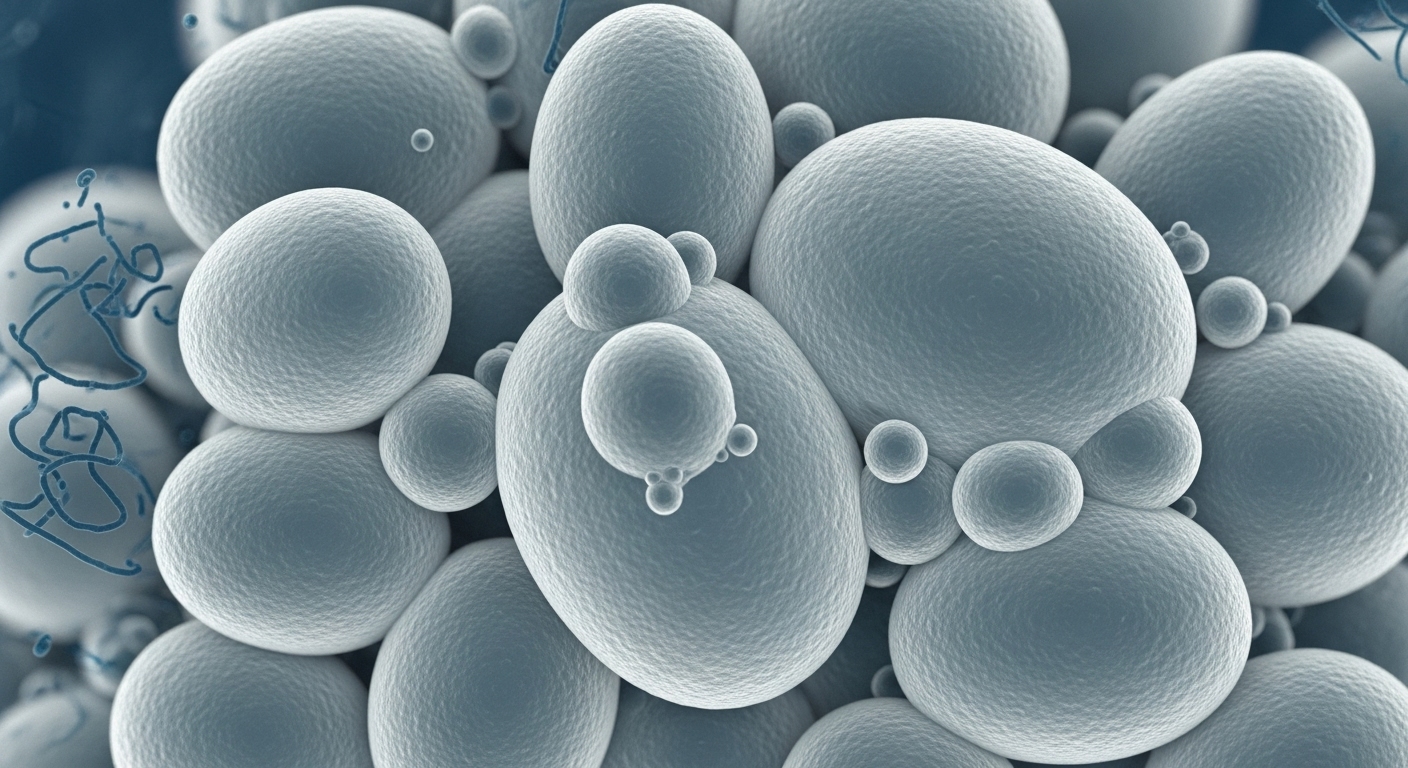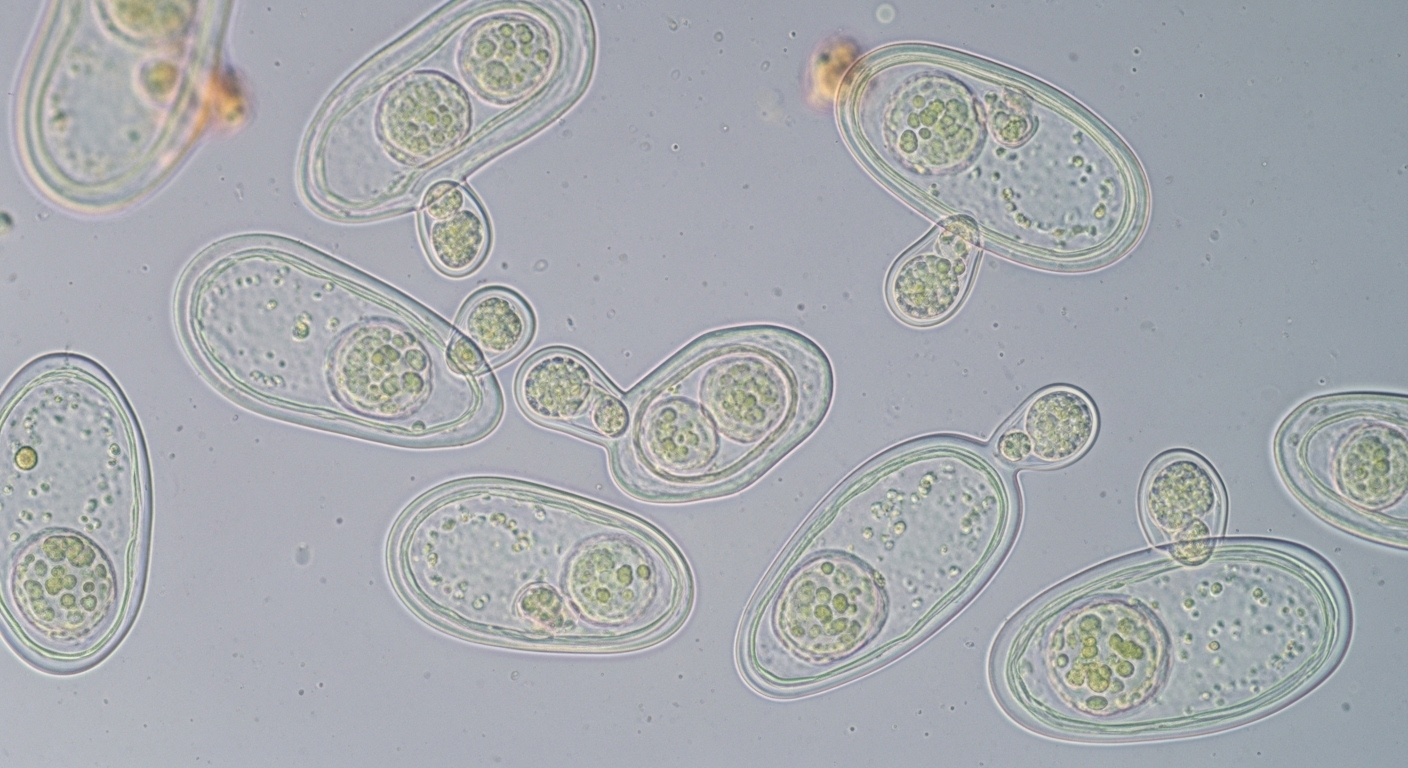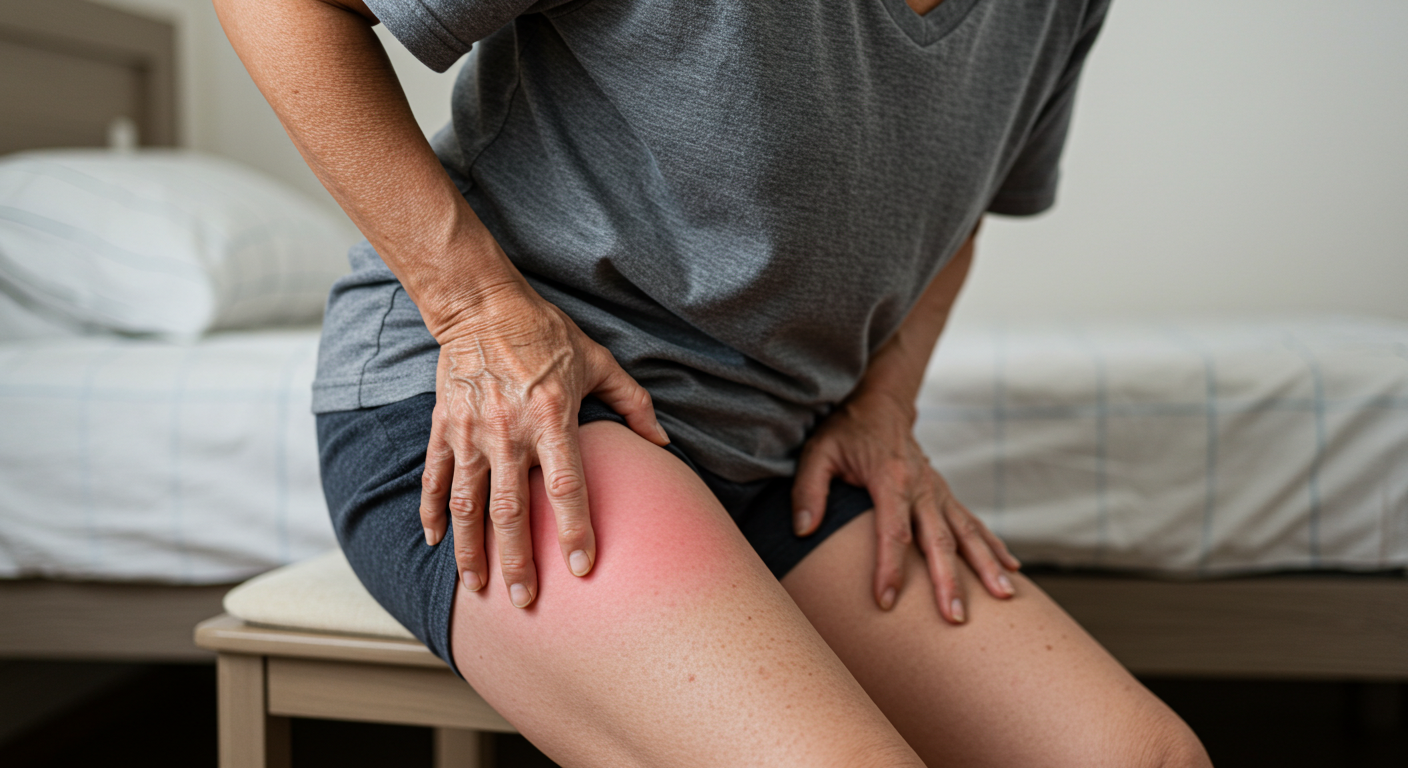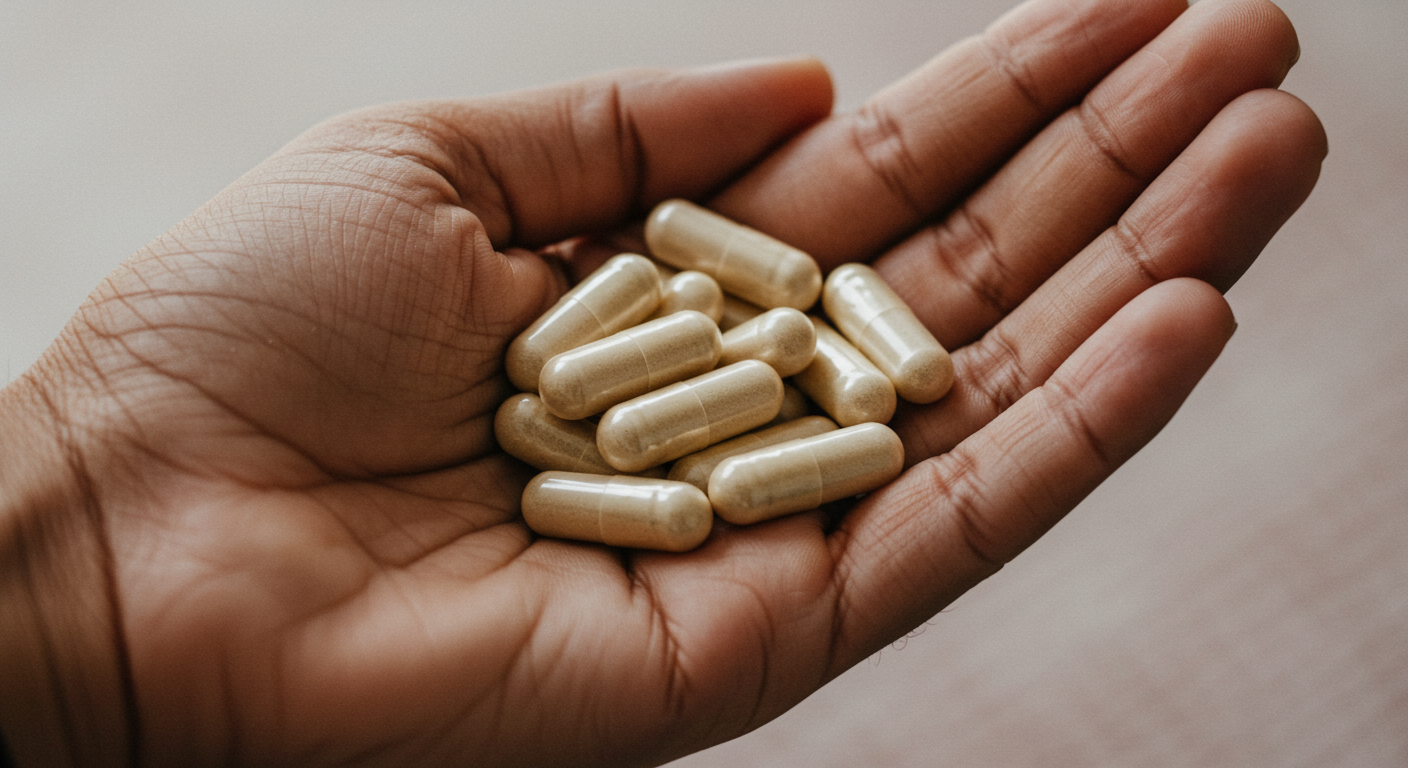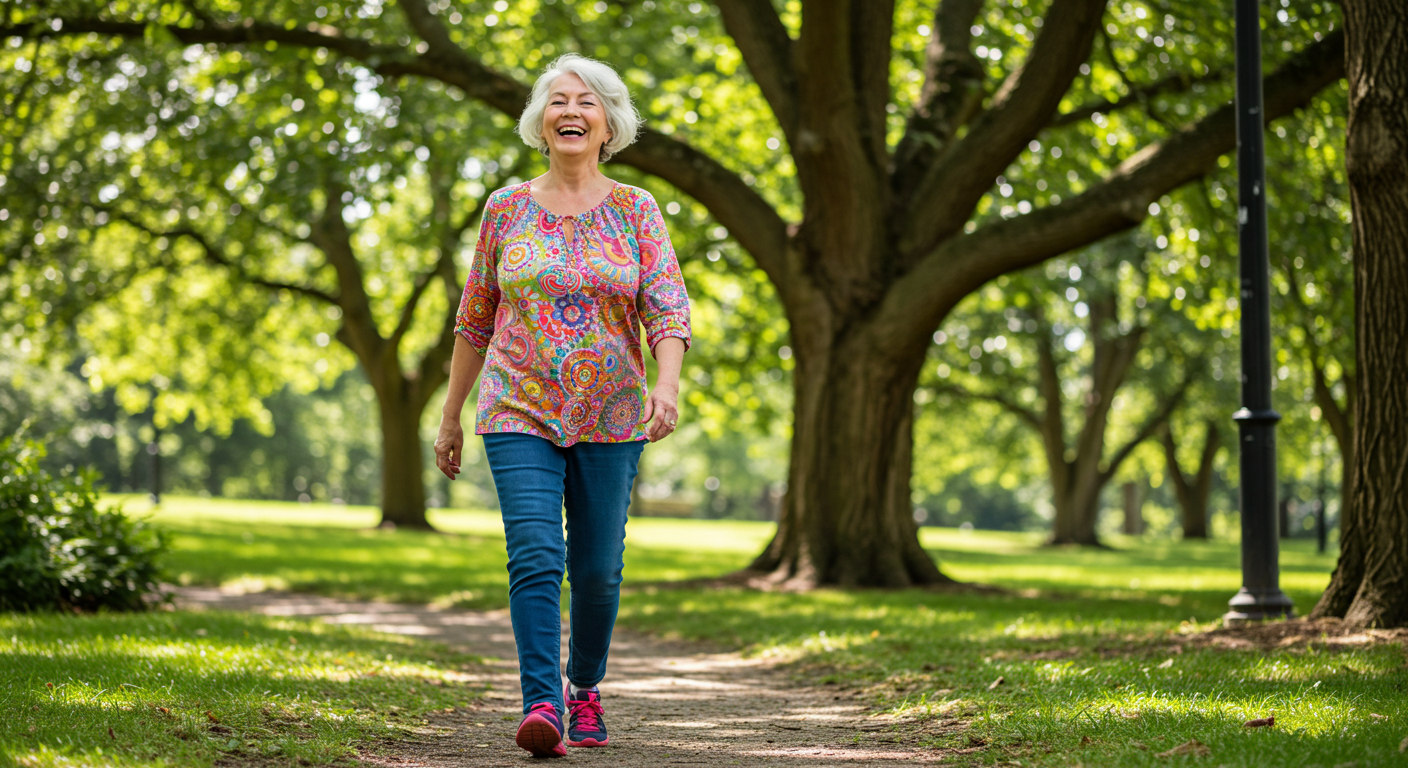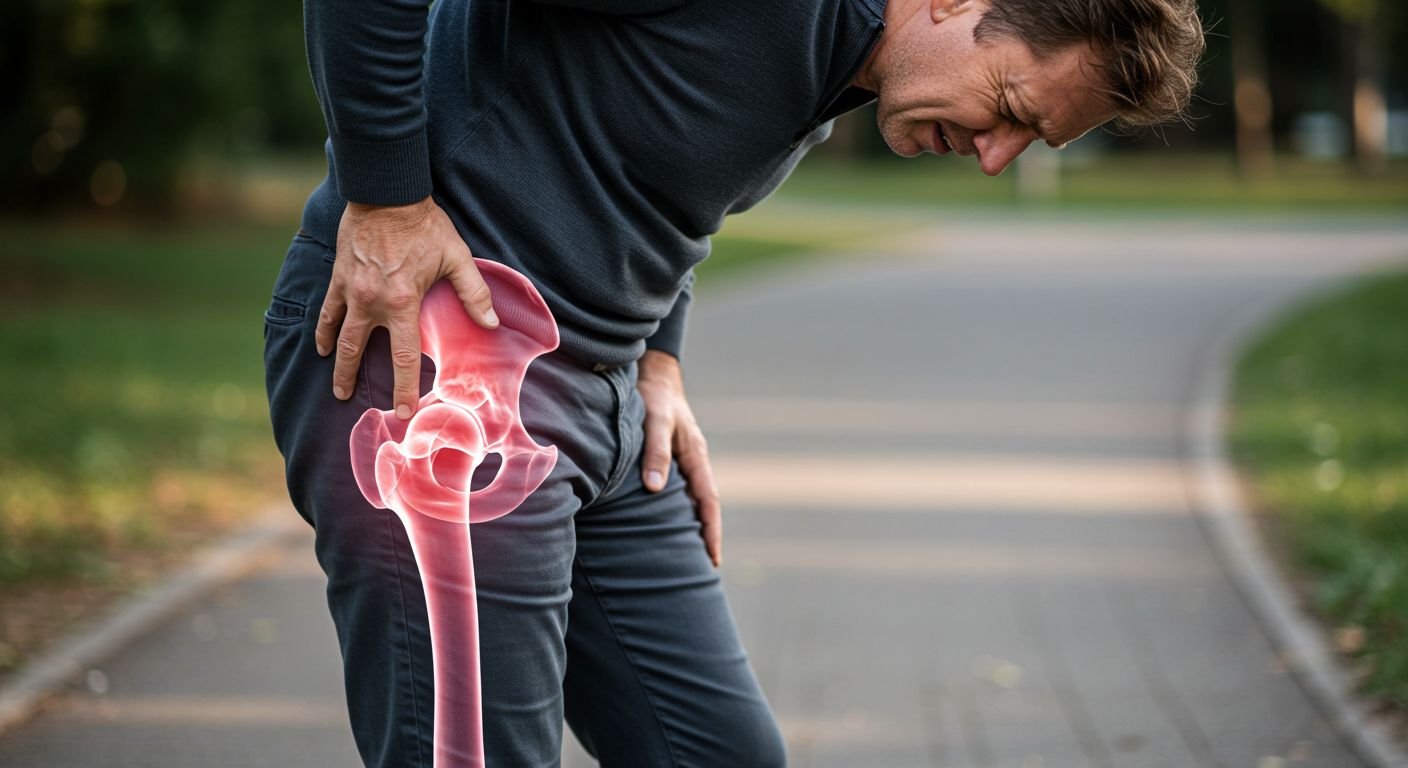Saccharomyces boulardii Helps Prevent Traveler’s Diarrhea
Dr. Kumar’s Take
Traveling to regions with poor sanitation or hygiene exposes you to pathogens your gut isn’t used to. This study provides strong evidence that Saccharomyces boulardii used before and during travel significantly lowers the risk of getting traveler’s diarrhea. For anyone going abroad where hygiene might be a concern, this is a proactive tool you should consider.
Key Takeaways
- Prophylactic use of S. boulardii was tested in ≈3,000 Austrian travelers heading to distant regions.
- Two dosages were tested: 250 mg daily and 1,000 mg daily.
- Greater adherence to taking the probiotic regimen correlated with higher protection.
- Dose‑response effect: higher dose yielded better protection (greater risk reduction).
- Effect varied by region; stronger protection noted in North Africa and the Near East (Turkey).
- S. boulardii had low incidence of side effects; generally safe and well tolerated.
Actionable Tip
If you’re traveling to regions with risk of traveler’s diarrhea, take S. boulardii prophylactically: start at least one day before departure, then daily throughout travel. Use a higher dose (around 1,000 mg daily or 500 mg twice daily) if possible, especially for high‑risk destinations or if you expect longer duration away. Stick with the regimen strictly for the greatest benefit.

